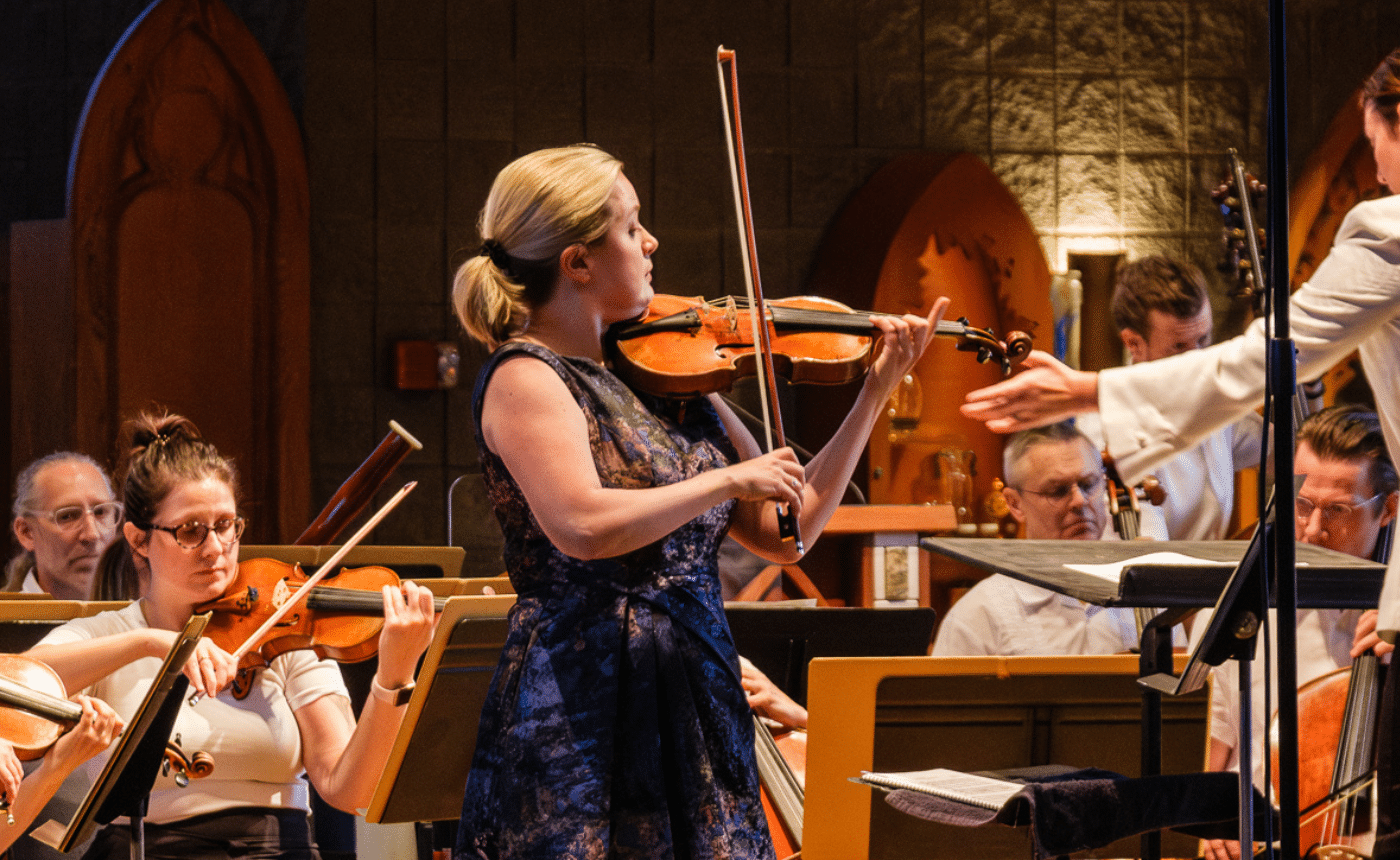Elgar – Variations on an Original Theme (“Enigma Variations”)
Written by Jeff Counts
Instrumentation: 2 flutes (2nd doubles piccolo), 2 oboes, 2 clarinets, 2 bassoons, contrabassoon, 4 horns, 3 trumpets, 3 trombones, tuba, timpani, snare drum, triangle, cymbals, bass drum, strings.
Duration: 29 minutes in fifteen sections.
THE COMPOSER – EDWARD ELGAR (1857-1934) – The story seems too perfect to be true. It tells of Elgar returning home after a busy day and sitting down at his piano to unwind. He begins to idly improvise and crafts a tune that catches his wife’s ear. Her positive reaction to the theme leads him to playfully speculate on how some of their friends might play it and from this simple lark is born his most celebrated masterpiece.
THE MUSIC – Enigma Variations, though humble in inception, settled Edward Elgar’s reputation once and for all on the international stage. It was a personal triumph that also served as a signal to the rest of Europe that England need no longer bow before the elite musical countries on the continent. The “Enigma” mentioned in the subtitle referred not to a single riddle in the score but two, the easiest to solve being the “friends pictured within.” Each of the fourteen variations bears the initials or nicknames of people close to the composer, including his wife, various fellow musicians and even himself. Only Variation XIII is still open to conjecture. The three asterisks placed there by Elgar have been guessed at for over a century with the only a contained quote from Mendelssohn’s Calm Sea and Prosperous Voyage available for guidance. The second and much more lasting of the “Enigma’s” is the notion that a hidden meta-theme haunts the original melody. Elgar himself encouraged this speculation of a popular tune that, though not literally extant in his music, was the material upon which his theme was based as a counterpoint. Whether or not this was just a savvy bit flame-fanning, Elgar took the mystery with him to the grave. The most trendy among the ongoing scholarly “solutions” include Auld Lang Syne, Pop Goes the Weasel, Rule Britannia (the favored choice of an Elgar Society Journal correspondent), and recently, the Dies Irae.
THE WORLD – Cuba was officially rid of Spanish rule in 1899. Sudan began a 56-year period of joint Egyptian/British control. Also in 1899, the Fiat automotive company was founded in Italy and Who’s Who in America was published for the first time.
THE CONNECTION – Enigma Variations was last performed on the Utah Symphony’s Masterworks series in October of 2006. Former Music Director Keith Lockhart was the conductor.












